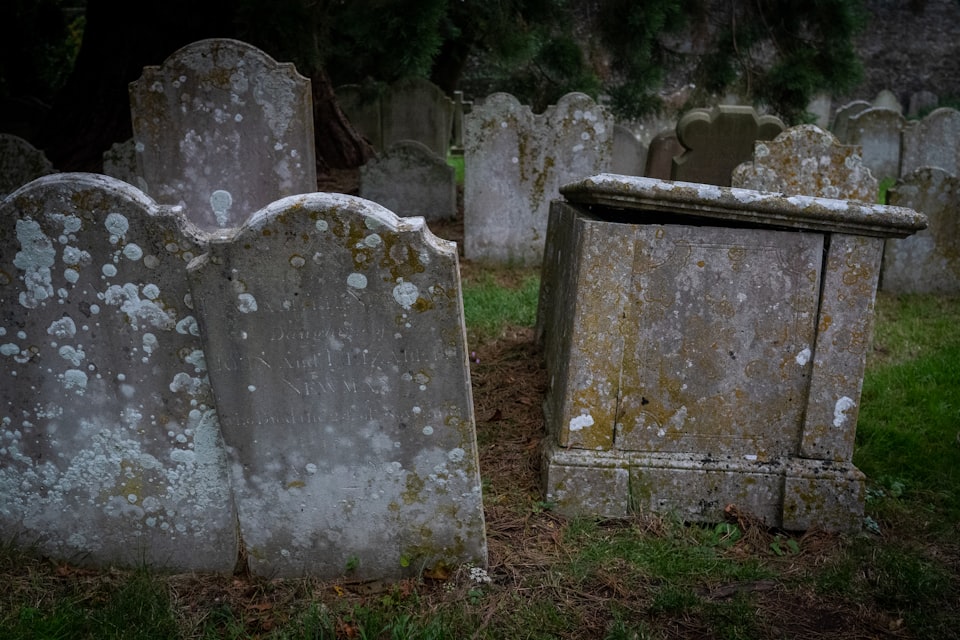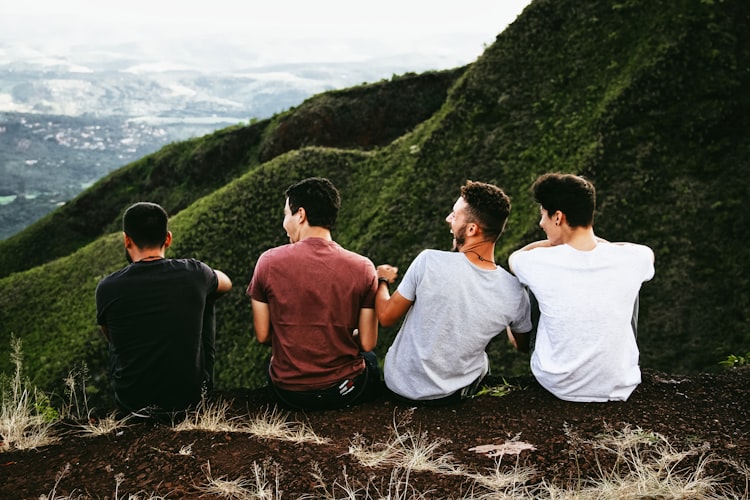On Death

I have spent the past number of years in colleges, nearly exclusively surrounded by people my age, and a few professors. We were young, strong, healthy, and cycle between concerns about an immediate present, and a distant future. We were imagining a life in which each of us wakes up in their own house to the smell of morning coffee, kissing their children and spouse while watching a calm sunrise and listening to calm tunes of childhood songs before heading out to a job where we are respected and greeted with a smile and a warm handshake.
I noticed that every time I went back home and was surrounded by older people, as old as me and my peers are in our imaginary mornings, the conversations of these older friends and family did not sound like the future I was imagining. I think that every time, without fail, that we had a family or friends gathering last summer, illness and death were a part of the conversation.
People talked about the latest developments in their diseases, how sour their new medicine tastes, how painful the bi-weekly injections are, and how they hate the colors of the hospitals. They then talked about the illness of a friend or family member amidst the sighs and frowns of those listening, followed by the mentioning of acquaintances that recently died, sparking different reactions from different people. And surprisingly -to me- the conversation returns to the mundane topics of the day as if nothing happened.
On the other side of the room is me, still as a stone, except for my eyes that follow the expressions on the faces of the listeners and the speaker as I listen to the stories of dead people I do not know, how they are now remembered, and perhaps thinking about how I want to be remembered. Death was a rare occasion for me, closer to a concept rather than a reality, something that is written about in ancient poetry that heroes don't fear.
Some people were gone before they could realize the dream of that morning with the sunrise and coffee beside a beloved one.
When someone we know dies, an immediate reaction might be to ask "what does it mean?!", genuinely, "no...no, no, no...what is that supposed to mean??"
I am always shocked by how everyday life could have remained unchanged if we were never told about the death of another. We are living our lives normally, going about with our daily business, work, and leisure, not aware of the death of a person we know, and in a few words, some news attacks us while we are unprepared, throwing us into a hurricane that formed while we were busy staring at the blue sky, turning it into a gray violent mess of winds that scatter and throw our thoughts and everything it touches around.
Morrie was an old professor who was diagnosed with ALS, a terminal illness that only allows for two to four years of breathing after the diagnosis.
“So I'm going to die?” Asked Morrie
"Yes, you are," the doctor said. "I'm very sorry."
One of Morrie's students and mentees wrote:
"[The doctor] sat with Morrie and [his wife] Charlotte for nearly two hours, patiently answering their questions. When they left, the doctor gave them some information on ALS, little pamphlets, as if they were opening a bank account.
Outside, the sun was shining and people were going about their business. A woman ran to put money in the parking meter. Another carried groceries. Charlotte had a million thoughts running through her mind: How much time do we have left? How will we manage? How will we pay the bills?
My old professor, meanwhile, was stunned by the normalcy of the day around him. Shouldn't the world stop? Don't they know what has happened to me?"
Morrie knew that he was going to die soon, but the world didn't. There was no signal in the sky, a star with a sign, or a cloud in the shape of his face.
When I remember Morrie's story, it messes around with my priorities, I quickly realize that I am going to die soon, so perhaps I should laugh, make someone happy, express my gratitude, send my apologies, and do good.
"Don't they know what has happened to me?"





